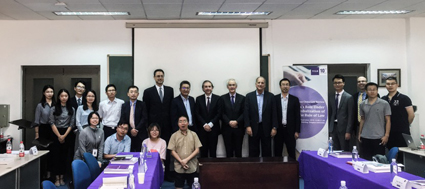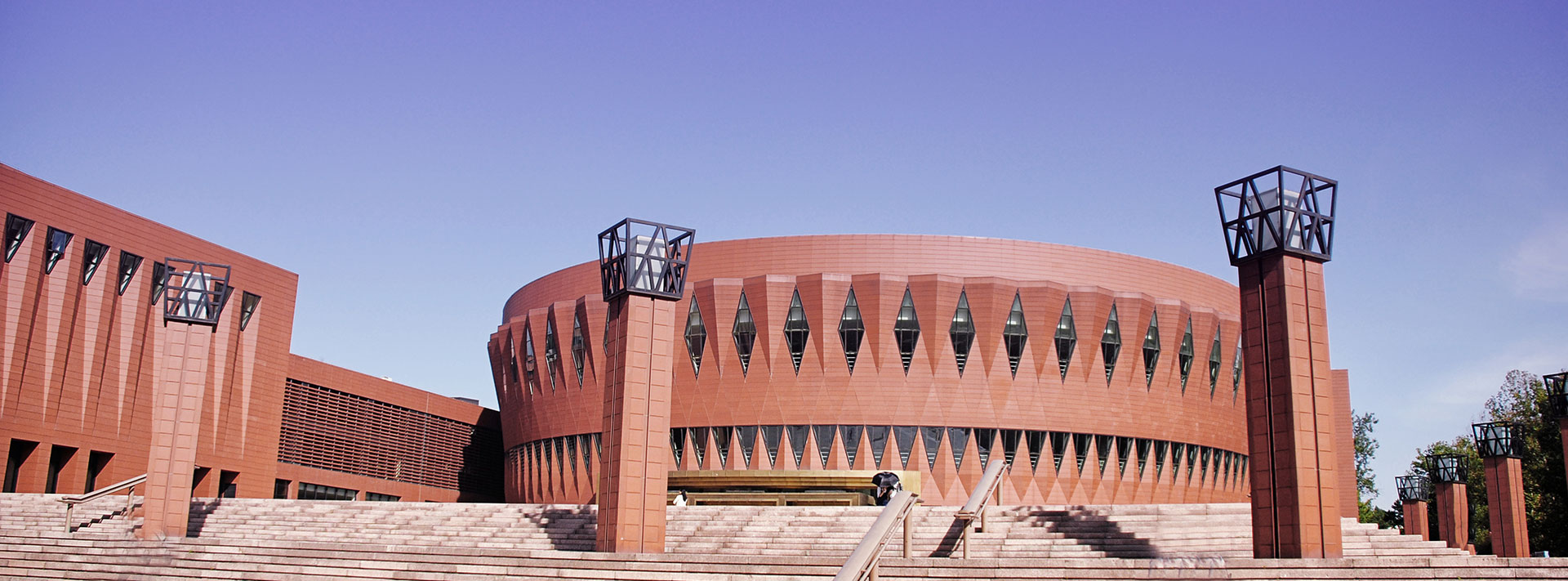On 8 September 2018, the Tsinghua China Law Review (“TCLR” or “Review”) celebrated the 10th anniversary of its establishment and successfully held the symposium “China's Role Under the Globalization of the Rule of Law” at Tsinghua University. The Dean of Tsinghua Law School, Prof. Weixing Shen, the Vice Dean, Prof. Guobin Cui, together with renowned scholars from Australia, China, the U.S. and the U.K. participated in the event.

As the first law-student-run, English-language journal of legal scholarship published by a mainland Chinese university, the founding of the Review demonstrates Tsinghua Law School’s remarkable effort in promoting legal education reform. “We believe that legal education does not only exist in the classroom,” Prof. Shen pointed out in the welcome address at the beginning of the symposium, “we provide support to students who have passion in academics to exert their potential here at TCLR.” The strong backup from Tsinghua Law School, the great contributions from authors around the globe, as well as years of editors’ hard work in improving the quality of publication collectively enabled the Review to become one of the most influential English-language law reviews across Asia, with its articles being included in a number of reputable law databases, such as Hein Online, LexisNexis and Lexis China.
The symposium has seen the launch of a series of efforts to commemorate this historical moment in the development of the Review. Co-Editor-In-Chief Mr. Albert Tang said, “Holding such an event is the best way to celebrate our achievements as it perfectly fits with our vision to be a leading law journal that facilitates the exchange of ideas among scholars who are interested in Chinese law, especially considering that we are all at such a critical moment when the Sino-US trade war broke out and some of the underlying legal issues continue to arise.”
Prof. Simin Gao from Tsinghua Law School hosted the event. During the first session, the Dean of Temple University Law School Prof. Gregory Mandel shared his explorations with regards to Chinese and American public perceptions of property and intellectual property rights. Prof. Frederick Mostert from King’s College, London made his speech straight after, discussing six fundamental functions of blockchain technology that had been identified in the physical world for intellectual property purposes. Prof. Shujie Feng from Tsinghua Law School commented on the contributions made in the first session, adding his own views on the safety issues of blockchain system and approaches to alter public opinions on intellectual property protection.
In the second session, Prof. Heng Wang from UNSW Law School delivered his observations on the shift of China’s approach to international legal order, its underlying considerations, and the implications for China and her partners. Prof. Neysun Mahboubi then touched upon the heated debate over the “One Belt One Road”, delving into the questions about infrastructure investment and standards for loan grants in related projects. Prof. Bin Gu from Beijing Foreign Studies University Law School commentated the speeches by explaining his understanding of the correlation and differences of the establishment of Asian Infrastructure Investment Bank and the “Belt and Road Initiative”, the two recent approaches adopted by Beijing to strengthen its presence in global governance.
A three-hour event may not be long enough to highlight China’s present and future roles in the international legal order in entirety. “We are witnessing the transformation”, Co-Editor-In-Chief Mr. Zihe Liu concluded. This is the core theme of China’s law and society, and will certainly remain to be the feature of the Review’s next decade.


